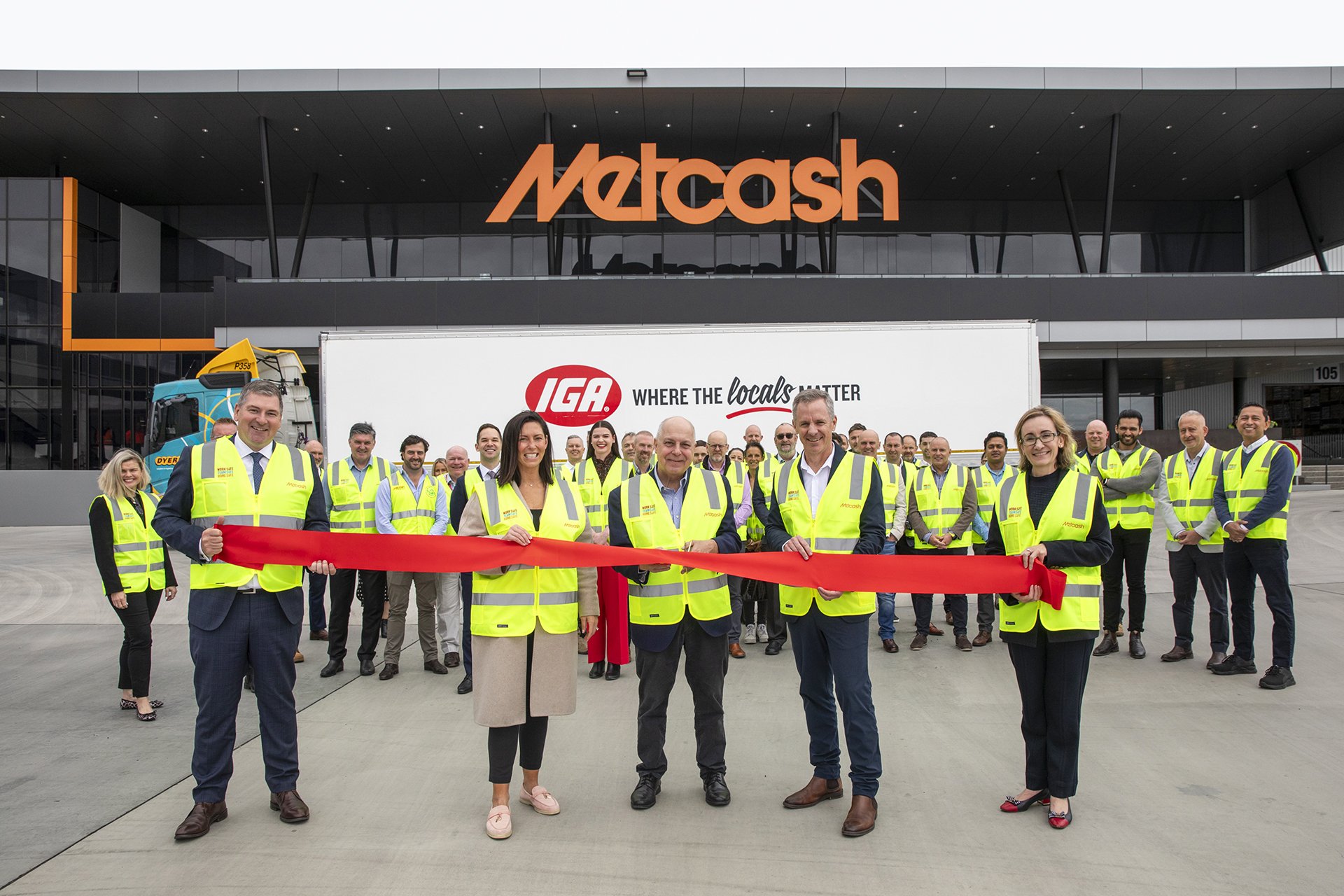ALSA Retail Insights Project Manager, Mal Higgs, explains what relies on the health of the relationship between a supplier and retailer.
Most would argue that for an industry to survive and thrive, there needs to be a healthy and productive relationship between the supplier and retailer.
The supplier's job after all, is to create the demand for their product in the eye of the consumer, while the retailer's is to satisfy that demand by making the retail sale.
For this to take place successfully, there needs to be some alignment between what the supplier is doing and what the retailer does at his/her end. Naturally, the best way for this to take place is for the communication between both to be effective, transparent and professional, because at the end of the day, both are chasing the same thing - the consumer.
So that’s the theory, but what’s the reality?
Obviously, a retailer cannot range or promote every product from every category and therefore has to make some decisions on what to carry and who to buy from. This is where it starts getting tricky! Many retailers make their product or category buying decisions based on a range of criteria - from the relevance of the product to their customer base, through to whether or not they like dealing with the particular company or even sales representative. Often, these decisions can have a fair degree of emotion attached to them, as opposed to a clear objective view of whether the product is right. The more 'emotive' issues that are common can revolve around how they perceive a particular company deals with other retailers in the marketplace, the administrative and logistical efficiency of the company - is the stock they order always available, is the invoice always correct, was the current deal correctly applied to the invoice, did the order turn up on time, can they make a reasonable margin from the sale of a particular supplier's products.
In a marketplace where consumers are becoming increasingly ‘promiscuous’ in their brand selection, there is arguably now no individual product that is ‘must have’. The retailer has enormous choice of what to buy and who to buy from and, inevitably will buy from and support those suppliers who they believe have the fairest trading terms, offer good support to them or their banner group, can get the stock they want to them when they want it and have some understanding of their business.
Share the content










